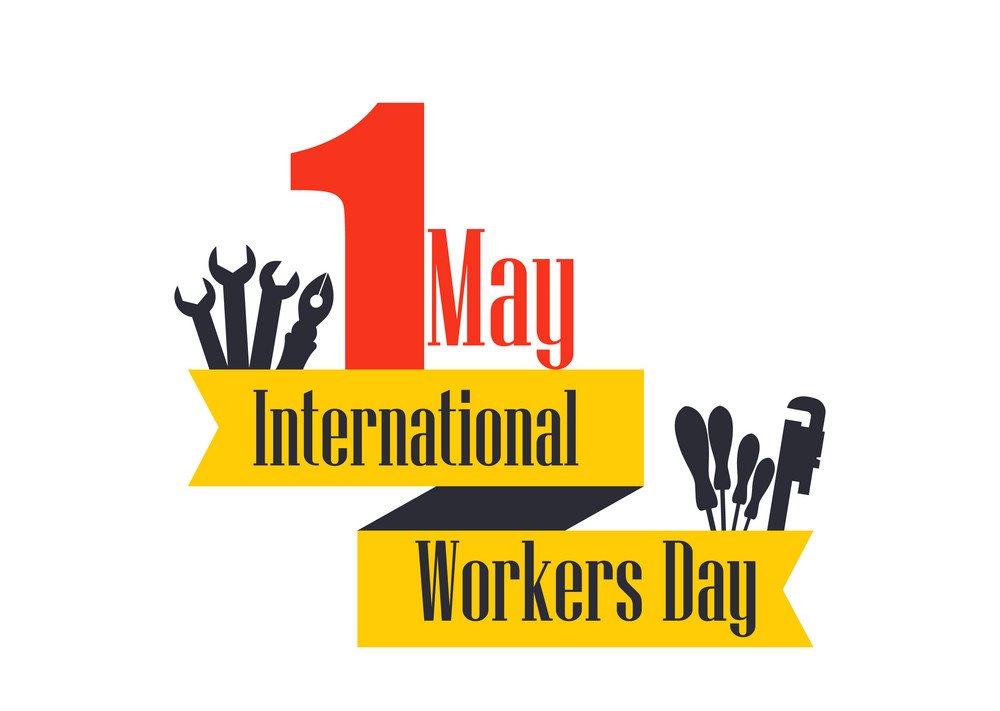By ZIMCODD Information
The Zimbabwe Coalition on Debt and Development (ZIMCODD) joins the Zimbabwe Congress of Trade Unions (ZCTU) and workers, the world over, in commemorating the International Workers’ Day!
It is worrying that this year Workers’ Day is being commemorated in the midst of a deep socio-economic crisis in Zimbabwe, worsened by neo-liberal policies being implemented under the “Austerity for Prosperity” mantra. This has caused untold suffering to the workers in Zimbabwe due to continually rising cost of living further eroding wages and salaries. Already, first days of implementation of the Austerity for Prosperity has seen massive macroeconomic recession manifesting through many tax heads being introduced targeting the citizens and the worker, skyrocketing prices of basic commodities, macroeconomic distortions and foreign exchange shortages. Historical evidence, locally, regionally and internationally proves that austerity measures are not a solution to the material conditions of the working class instead they entrenches poverty, income and other forms of inequality.
The market economy promotes labour market flexibility weakening trade unions along the way, as well as promoting the concentration of wealth in the hands of the few for example it is estimated that in 2018, the richest\ Zimbabwean’s wealth was worth USD1,4billion1 while the poorest was worth USD200.
The overall implications of the current macroeconomic framework has been the increase in taxes especially the unpopular 2% tax which was introduced as a revenue collection tool targeting the informal sector where most of the workers are employed. Such a policy instrument disproportionately affects own account workers who constitute 67.2% of economically active Zimbabweans. These are predominantly involved in communal and resettlement farming and informal trading, the majority of which are women constituting 56.7% compared to 43.3 % for males. It is a cause for concern that young people aged 15 to 39 years of age constitutes 58.3% of the people employed in the informal sector.These people in the informal sector have been affected by the current macroeconomic distortions which have literally depleted their disposable incomes. Furthermore, the informal sector economy is not unionised, the ZCTU therefore has a huge task to ensure that this sector is protected from unfair labour practices.
ZIMCODD is also in solidarity with the pensioners who worked for this country all their working lives but whose pensions and savings have been eroded by the currency crisis, inflation and the attendant high cost of living.
Recommendations
- ZIMCODD therefore call upon workers and all other social movements to unite against austerity measures targeted at the poor workers while those who have access remain living in luxuries funded through the national fiscus.
- ZIMCODD calls for an alternative pro-poor economic system that value workers, cognisant of the fact that workers create society’s wealth but have no control over its production and distribution.
- Facilitate the transition of workers and economic units from the informal to the formal economy, while respecting workers fundamental rights and ensuring opportunities for income security, livelihoods and entrepreneurship;
- Promote the creation, preservation and sustainability of enterprises and decent jobs in the formal economy and the coherence of macroeconomic, employment, social protection and other social policies.






